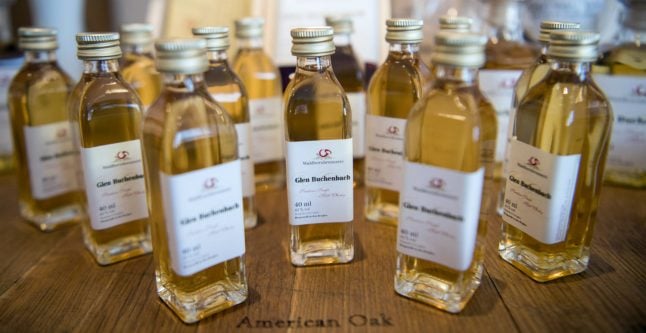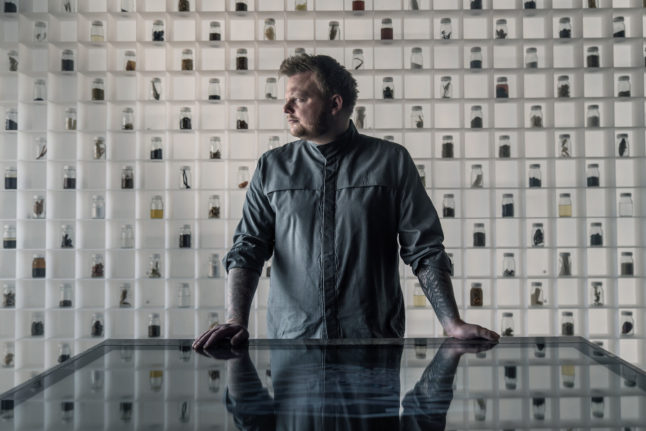It means that the Waldhorn Distillery, in Bergen near Stuttgart will have to change the name of its “Glen Buchenbach” whisky – unless the decision is appealed.
The inclusion of the word “glen” – which means valley in Gaelic – in the branding, the regional court ruled, could make consumers believe it was produced in Scotland.
Scotch Whisky, one of Scotland's biggest exporters, which accounts for 20% of UK food and drink exports, can only be sold in the EU if it is actually made in Scotland.
The case followed a complaint by the Scotch Whisky Association (SWA) a trade body that represents Scottish whisky producers. The Waldhorn distillery, led by Michael Klotz, now has a month to decide whether to appeal the decision. If it does, the Hanseatic Higher Regional Court (OLG) would have to deal with the case.
The case had previously been referred to the European Court of Justice (ECJ) which clarifies points of EU law.
The ECJ examined the case last June but made no final decision. The court had sent the case back to the German judiciary, with some guidance.
SEE ALSO: Court to decide if branding of Swabian whisky is too Scottish
'Vital to protecting Scotland's national drink'
Alan Park, SWA Director of Legal Affairs, said the trade body was “pleased” with the court’s decision “that the use of glen on a German whisky is misleading”.
“The SWA has consistently taken action in our global markets to prevent the use of Scottish indications of origin on whisky which is not Scotch Whisky,” he added.
“This is vital to protecting Scotland's national drink and is a deterrent to those who seek to take advantage of the quality reputation of Scotch Whisky and potentially mislead consumers.”
SEE ALSO: How well do you know German food culture?
“Courts across many jurisdictions have ruled that names, such as 'Highland' and 'Glen', and images, such as bagpipers, are so strongly associated with Scotland and Scotch Whisky that their use on whisky of another origin is misleading.
“Our case against Glen Buchenbach presented clear and compelling evidence to the court that 'glen' is strongly associated with Scotland and Scotch Whisky, and the only reason to use 'glen' for a German whisky is because of its undoubted association with Scotch Whisky.”
'Disappointed'
The Klotz distillery was disappointed with the verdict. According to surveys, few consumers would have made a direct connection between “glen” and “Scotch Whisky,” the lawyers for the distillery pointed out.
“With the same reasoning, the SWA could claim almost any Scottish-sounding term such as 'Mac' or 'Mary Stuart' for itself,” lawyer Sven Mühlberger said.
Klotz clearly states on his product that his Swabian single malt whisky is produced in Berglen near Stuttgart.
But the SWA had taken the tipple-maker to court over the label and its branding. The court battle has been ongoing since 2013, reported DPA.
The SWA had claimed the use of the word “glen” on the bottle gave customers the impression that it was a Scottish whisky, a “Scotch”.
The term “Scotch” is a ‘designation of origin' title protected by the EU, similar to “Champagne” or “Prosecco” for sparkling wines from certain regions of France and Italy. “Glen” is not mentioned in the regulations.
However, the EU rules also stipulate that suppliers of spirits must not mislead their customers as to the origin of their products. This is to protect not only the producers of the original products, but above all consumers in the EU.
With 128 distilleries, Scotland has the highest density of whisky distilleries in the world. About 50 million bottles are exported to Germany.



 Please whitelist us to continue reading.
Please whitelist us to continue reading.
Member comments